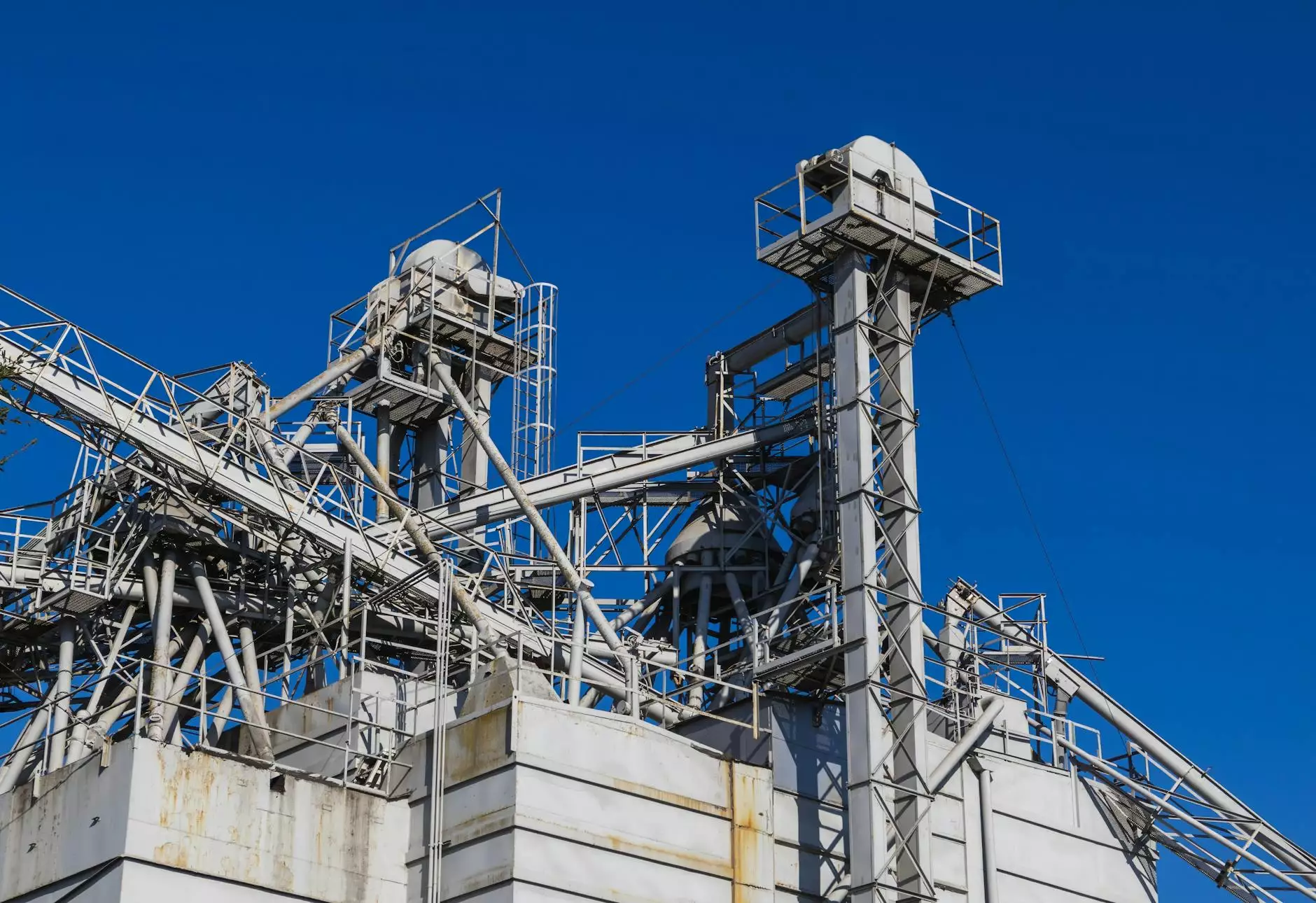The Root Causes of Lung Cancer in Non-Smokers

Introduction
Welcome to Neumark Surgery, your trusted source for comprehensive medical care. In this article, we will explore the causes of lung cancer in non-smokers, a topic of increasing concern in recent years. We aim to provide you with valuable insights and practical information that can help you better understand this complex disease.
Understanding Lung Cancer
Lung cancer is a devastating condition that affects millions of individuals worldwide. While smoking remains the leading cause of this disease, it is crucial to acknowledge that non-smokers can also develop lung cancer. Research has revealed various factors that contribute to lung cancer in non-smokers, and we will delve into each of these below.
Environmental Factors
One of the primary causes of lung cancer in non-smokers is exposure to environmental factors. These may include:
- Secondhand Smoke: Non-smokers who are regularly exposed to secondhand smoke, either at home or in public settings, face an increased risk of developing lung cancer. It is essential to maintain smoke-free environments to minimize this risk.
- Radon Gas: Radon, a naturally occurring radioactive gas, can be found in varying concentrations in homes. Prolonged exposure to radon can increase the chances of lung cancer, making it crucial to test and mitigate radon levels in residential areas.
- Air Pollution: The inhalation of polluted air, particularly in densely populated areas or regions with industrial activities, can be linked to the development of lung cancer in non-smokers. Reducing exposure to air pollution is vital for maintaining good respiratory health.
Occupational Hazards
Occupational hazards can significantly impact lung health, even in non-smokers. Some professions expose individuals to carcinogenic substances, thereby increasing the risk of lung cancer. Common occupational hazards include:
- Asbestos Exposure: Workers in industries such as construction, insulation, and shipbuilding may encounter asbestos fibers. Inhalation of asbestos particles can lead to lung cancer and other respiratory diseases.
- Radon Exposure: Certain occupations, such as uranium mining, expose workers to high levels of radon gas. Prolonged exposure to radon in these industries can heighten the risk of developing lung cancer.
- Chemical Exposure: Employees working with chemicals like arsenic, chromium, and nickel are at a higher risk of developing lung cancer. Protective measures and adherence to safety regulations are essential in such working environments.
Genetic Factors
While environmental and occupational triggers account for a significant number of cases, it is crucial to acknowledge the role of genetic factors in non-smokers developing lung cancer. The presence of specific genetic mutations and family history can predispose individuals to this disease. Genetic counseling and testing can help identify potential risks and guide preventive measures.
Prevention and Early Detection
Prevention plays a fundamental role in reducing the incidence of lung cancer in non-smokers. Adopting the following measures can significantly lower the risk:
- Avoid Secondhand Smoke: Limit exposure to secondhand smoke by creating smoke-free environments and encouraging smokers to quit.
- Test for Radon: Regularly test radon levels in homes and implement necessary mitigation strategies to reduce exposure.
- Promote Clean Air: Advocate for policies and initiatives that address air pollution, such as reducing emissions and improving outdoor air quality standards.
- Occupational Safety: Follow appropriate safety guidelines and use protective equipment in hazardous work environments. Employers should prioritize the well-being of their employees.
- Genetic Screening: Discuss the option of genetic testing with healthcare professionals, especially for those with a family history of lung cancer, to assess potential genetic predispositions.
Neumark Surgery's Commitment to Lung Cancer Care
At Neumark Surgery, we are deeply committed to providing exceptional healthcare services to our patients. Our team of experienced doctors, medical specialists, and plastic surgeons works tirelessly to offer comprehensive care for various conditions, including lung cancer.
By leveraging state-of-the-art technology and the latest advancements in medical science, Neumark Surgery remains at the forefront of cancer treatment and research. Our multidisciplinary approach ensures that each patient receives personalized care and tailored treatment plans.
We understand the significant impact of lung cancer on individuals and their loved ones. Beyond diagnosis and treatment, our dedicated team emphasizes patient education, counseling, and support throughout the entire journey. Together, we strive for optimal outcomes and improved quality of life for every individual we serve.
Conclusion
While the causes of lung cancer in non-smokers may vary, understanding the contributing factors is crucial for prevention and early detection. By recognizing the role of environmental factors, occupational hazards, and genetic predispositions, individuals can take proactive steps to minimize their risk.
Neumark Surgery stands as a beacon of hope and expertise in the field of lung cancer care. We encourage you to explore our services, learn more about our dedicated team, and take charge of your respiratory health. By staying informed and making informed choices, we can work together to combat this deadly disease and ensure a healthier future for all.
cause of lung cancer for non smokers









